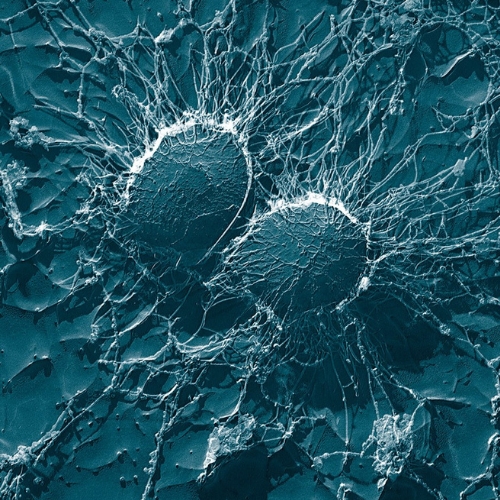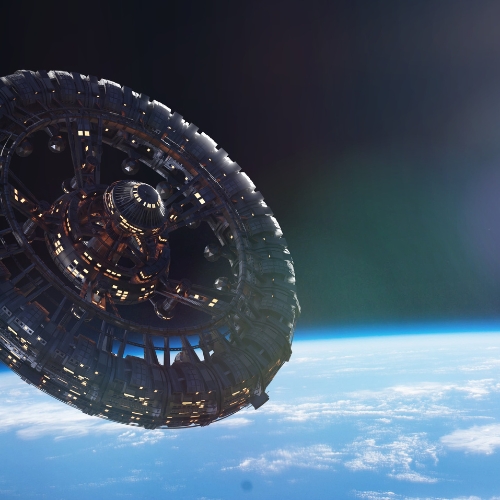Key points from article :
Microbes in our gut, skin, and other areas help us digest food, fight disease, and stay healthy.
But harsh space conditions like microgravity and radiation can disrupt this delicate balance.
Studying how microbes adapt in space helps us predict health risks for astronauts on long missions, like to Mars.
This knowledge can then guide strategies to protect their health.
Radiation can directly harm astronauts and also make their gut microbes more resistant to antibiotics, making infections harder to treat.
Microbiome changes can weaken the immune system. This increases the risk of infections and inflammation, highlighting the need to maintain a healthy gut during space travel.
This could lead to the spread of antibiotic resistance within the spacecraft, posing a serious health threat.
By understanding and protecting these tiny allies, we can ensure astronauts stay healthy and missions succeed.
The study was published in the journal Frontiers in Microbiology and carried out by researchers at various institutions such as the Shiraz University of Medical Sciences, The University of Glasgow, etc.







